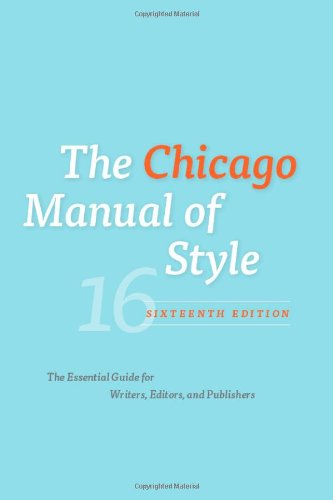Name: Samantha Enslen
Age: 45-ish
College & Majors/Minors: Double major, English and Women's Studies
Current Location: Tipp City, Ohio
Current Form of Employment: President and Owner, Dragonfly Editorial
Where do you work and what is your current position?
I run Dragonfly Editorial. We're an agency that focuses on content strategy, writing, and editing. Writing and editing—those are pretty straightforward. Content strategy is more complex. It's about deciding what to write, how to write it, and who to write to—before you ever put pen to paper.
Tell us about how you found your first job, and how you found your current job (if different).
I found my first words-related role working in a coffee house: Jolt N' Bolt, on 18th Street in northwest DC. One of my customers owned a publishing house nearby. After a few months of making him lattes, I screwed up my courage and asked if he needed an intern. He probably didn't, but he let me come in every afternoon anyway and (literally) work in the mailroom. I took customer orders, packed up books, and shipped them out. This was in the days before Amazon.
One of the editors must have felt sorry for me, because one day she gave me their holiday catalog to proofread. I'm sure it had already been proofed, and she gave it to me just to be nice. But I found some mistakes. The next day, she came right up to me as soon as I arrived and said, "This is what you need to do. You need to be a copyeditor." That's how I discovered my profession.
What was another writing-related job that was important in your career?
I don't know about the most important, but the most fun writing-related job I've had is with Grammar Girl. I write about the origin of various idioms, like "spick and span," or "off the cuff."
Writing has always been a slog for me. I can do it, and I think I do it well, but I often find it onerous and stress-inducing. Writing these short posts has helped me experience writing for the first time as an exploration, rather than a chore.
What did you do in college to prepare for your post-grad life?
I did very little other than study hard and take my work seriously. I think that's your job in college. Screw partying. You need to suck up every ounce of learning you can.
What is your advice for students and graduates with an English degree?
An English degree should teach you to ask questions, to read, to research, to synthesize information—and then to express what you've learned clearly, in writing. If you can do that, you'll be an asset in any workplace.
So I guess my advice is to not worry about the "marketability" of an English degree. Rather, trust that it will teach you to think deeply and write clearly. Those skills will serve you in the long run, no matter what industry you land in.








































































